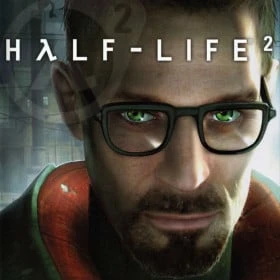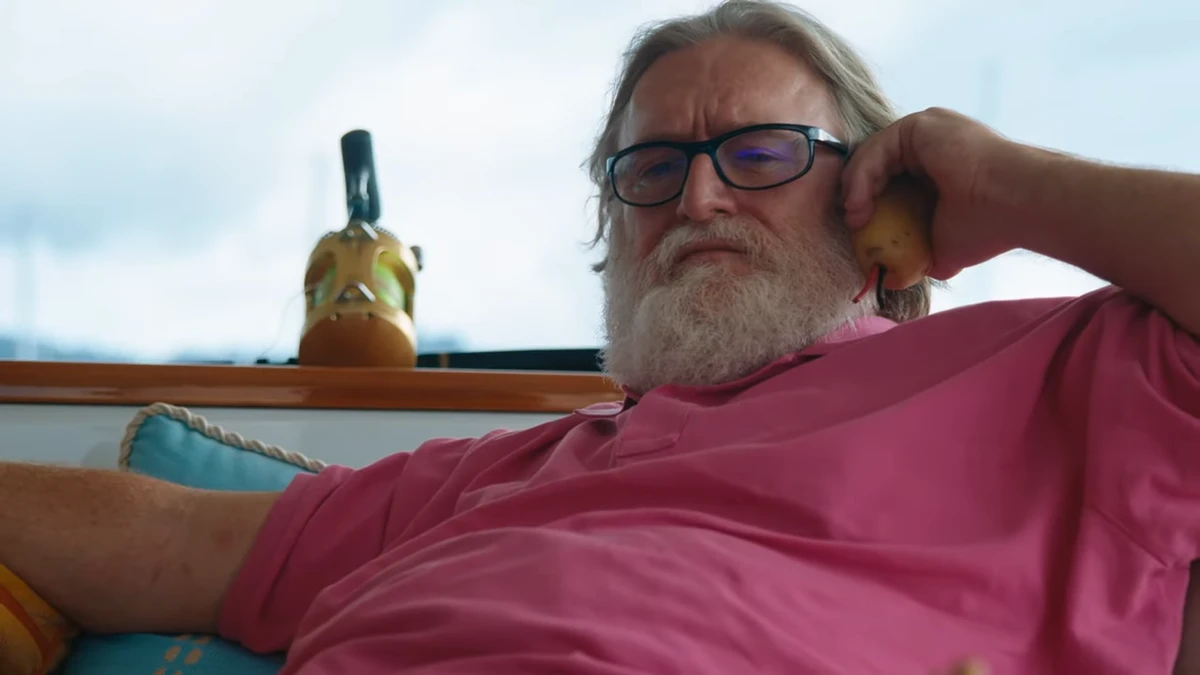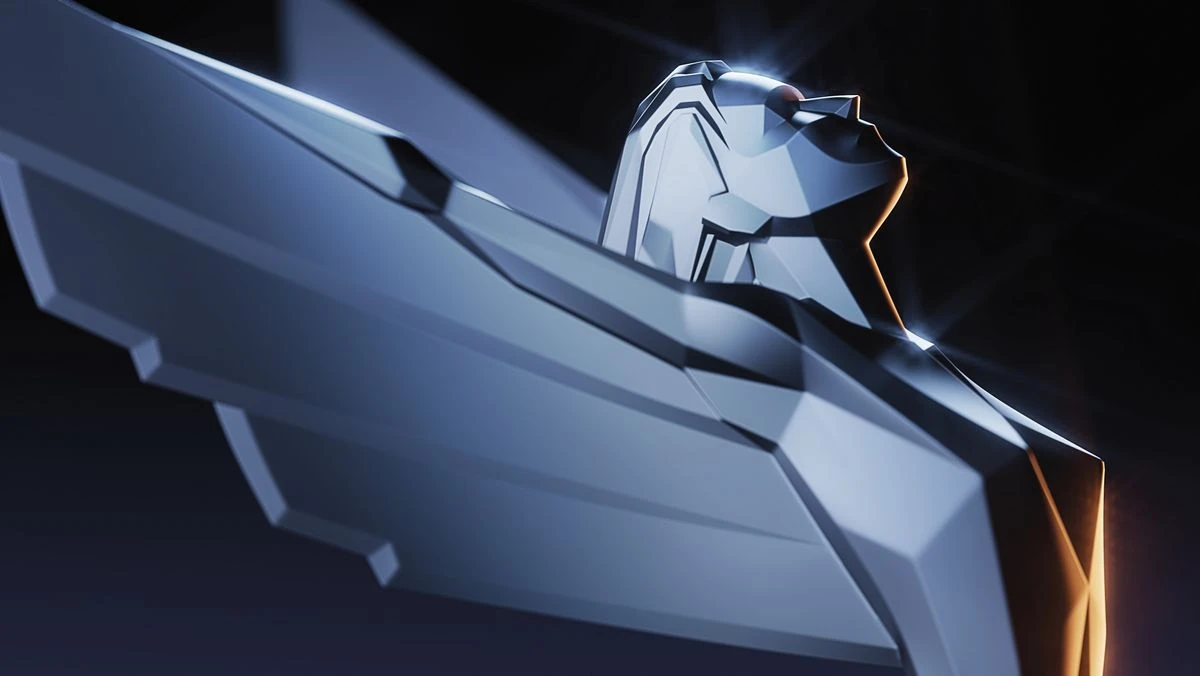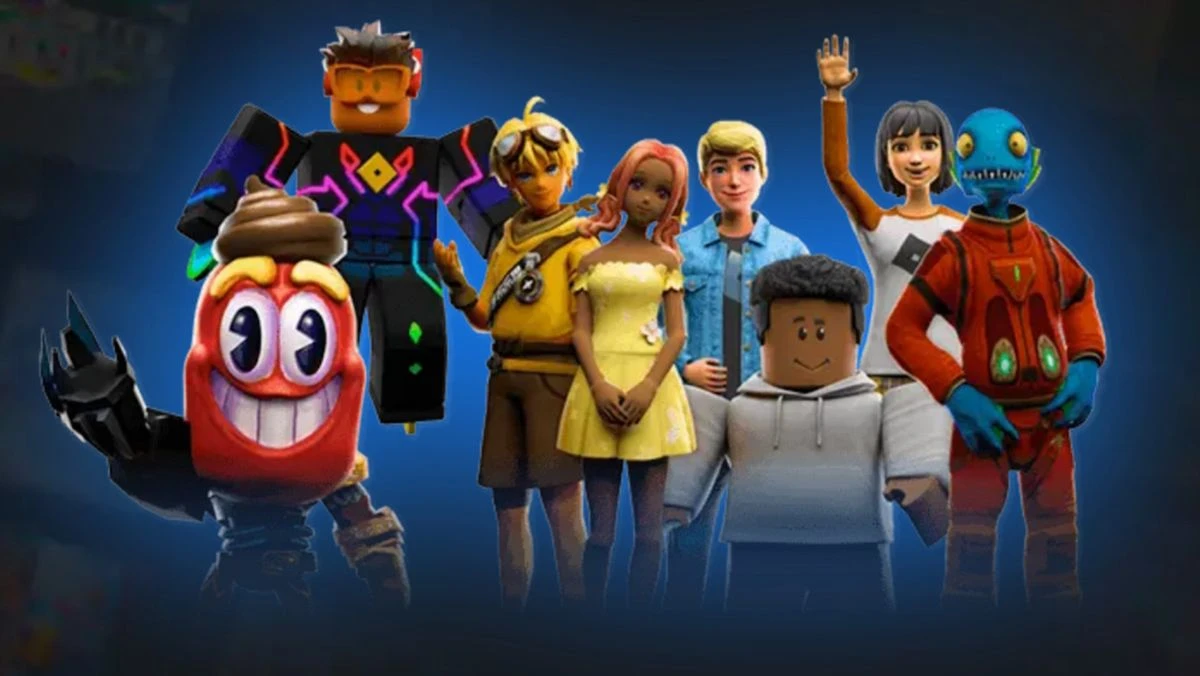A summer intern saved Valve from a nearly fatal lawsuit after a publisher "decided to go World War 3" on it. It all hinged on an email
Secret Tape's massive film on the development and release of Half-Life 2 was first spotted by 80 Level. It tells an almost unbelievable tale of how Valve saved itself from financial and legal ruin through the actions of one summer intern. This paved the way for PC gaming today.
The problem began when Vivendi, a French conglomerate, acquired Sierra, the original publisher of Half-Life and Valve. Vivendi started distributing Counter-Strike in South Korean internet cafés. Valve objected, arguing that this was outside the scope of the original distribution agreement with Sierra. Valve COO Scott Lynch said that Valve saw this as a minor disagreement, and Valve was only seeking recognition of the fact that this went beyond the original agreement. Valve went to court when Vivendi refused. They were still only seeking recognition and compensation for what at this point were nominal legal fees.
According to Lynch, Viendi "decided to go World War 3 in response." "The next thing that we know, this huge stack of counter claims," said Valve General Counsel Karl Quackenbush. "Everything from a cancellation of the 2001 agreement to obtaining ownership over all the Half-Life intellectual property to stopping us from doing Steam."
Looking back, it's hard to imagine that Valve was a regular game developer in 2002-2004, despite being a very successful one. Meanwhile, Vivendi, whose legal team was backed by a multinational, brought a lot of firepower to this legal dispute. Vivendi, it was said, was also out for blood and targeted Lynch and Newell in addition to suing Valve. Lynch, Vivendi's spokesperson, said: "We're gonna make Valve go out of business and we're gonna bankrupt you two."
Newell recalled, "The company was very close to bankruptcy." "I was very close to personal bankruptcy--we went all-in, there was no left."
"Gabe had almost exhausted his liquid assets, and he asked himself, 'Should i put the house up for sale?'" Lynch. "I was like 'Yeah, I think it's time to put the house on sale if we want the continue going'."
The lawsuit would hang over Half-Life 2's development, and many of the staff were unaware of how close Valve came to bankruptcy. Valve had a lucky break close to Half-Life 2 launch. The summer intern was there.
Vivendi, in a case of malicious compliance, turned over millions pages of Korean-language documents from its local subsidiary, during the discovery phase, of Valve's lawsuit against the cybercafe. Anything Valve could have used was buried beneath the sheer volume of information and the language barrier. Quackenbush then turned to an intern who was identified in the documentary as "Andrew". Andrew, a native Korean speaker and major in Korean language studies at college, found the needle in haystack. An email in which a Korean Vivendi executive talked about the destruction of documents relating to the Valve case with their superior, implying that the more junior executive had been ordered to do so. Valve was able, with this evidence, to turn the tables and secure a favorable settlement from Vivendi. It also gained full ownership of its IP.
Andrew's timely intervention likely would not have prevented Half-Life 2 from reaching the market. However, it is uncertain whether Valve would have survived Vivendi's continued war of attrition, and become another legendary developer like Looking Glass, Origin or Troika. Steam, Left 4 Dead, Portal and Dota 2 would not exist. Our hobby today is very different.
This wasn't Valve's first close call. Monica Harrington, who was the company's chief marketer in the early years, told a story recently about tense negotiations that Valve had with publisher Sierra to secure its ownership and online distribution rights of the original Half-Life. This led to Half-Life 2 as well as Steam.





Comments